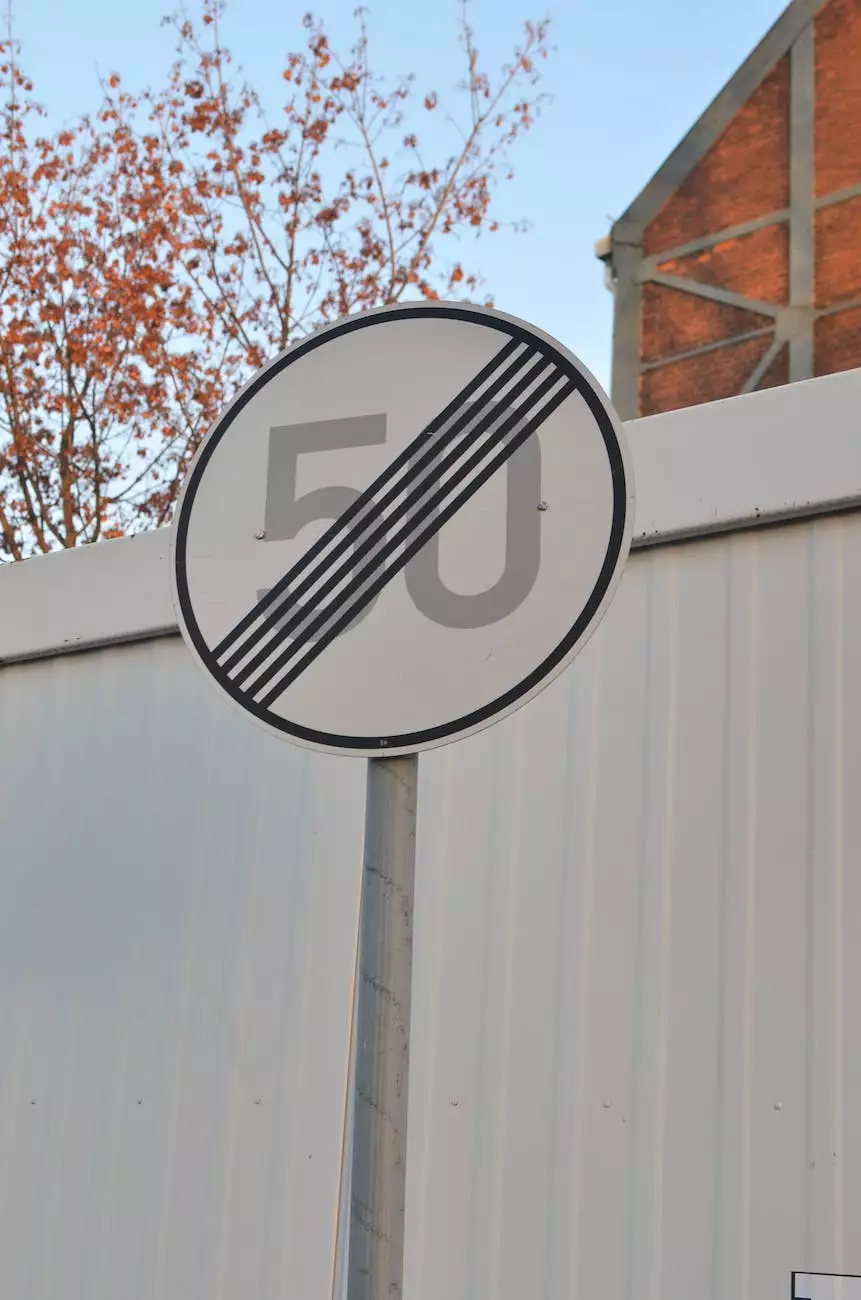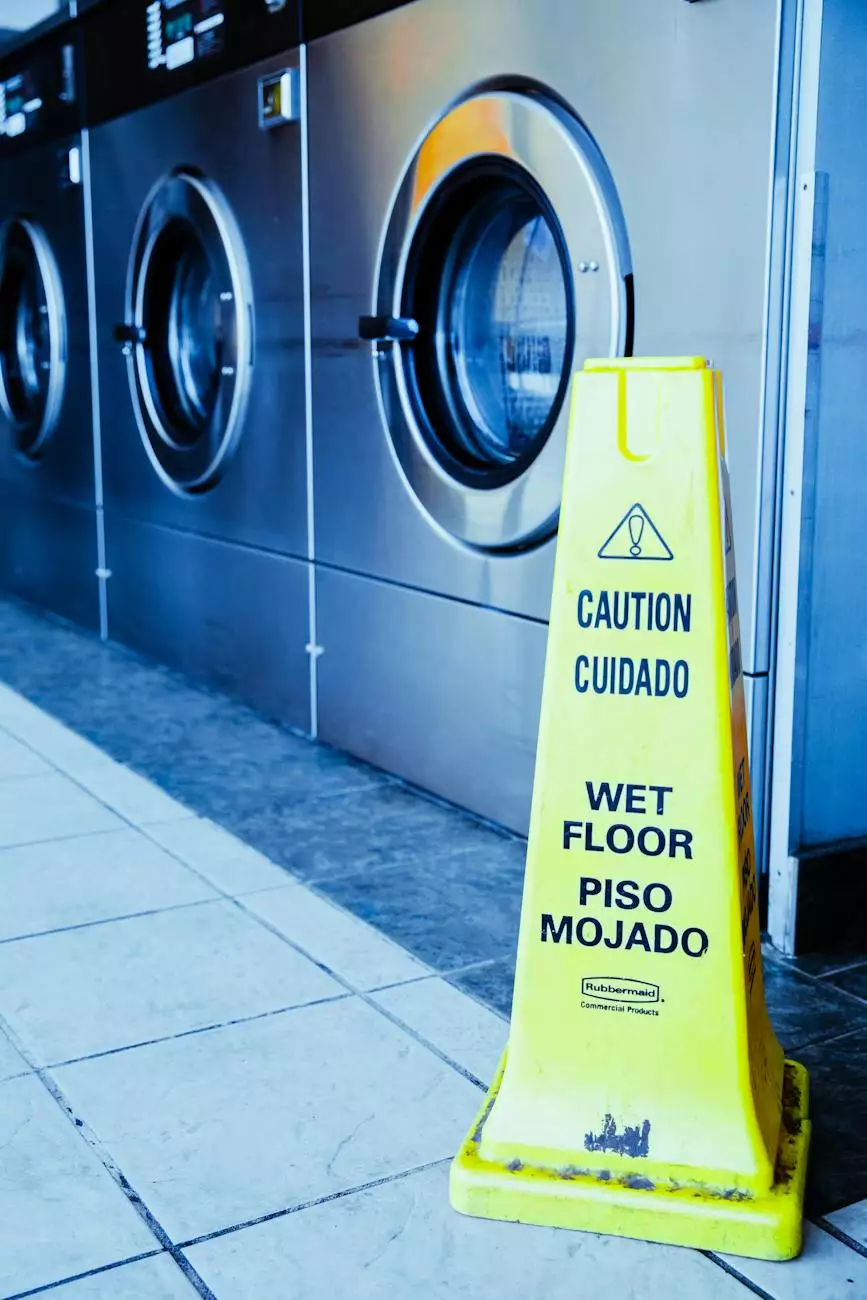The Florida Construction Defect Statute

Introduction
Welcome to Baytowne Reporting, your trusted source for court reporting services in the legal field. In this article, we will explore the Florida Construction Defect Statute and its implications for construction projects in the state. Our aim is to provide you with a comprehensive overview of this important legislation and help you understand its impact on your legal matters.
Understanding the Florida Construction Defect Statute
The Florida Construction Defect Statute, also known as Chapter 558 of the Florida Statutes, is a set of laws that address construction defects in residential and commercial properties. It provides guidelines and procedures for the resolution of construction-related disputes, including defects, deficiencies, and design flaws.
Purpose and Scope
The primary purpose of the Florida Construction Defect Statute is to promote the prompt resolution of construction disputes through non-adversarial means, such as negotiation, mediation, and arbitration. The statute aims to protect property owners, contractors, and other parties involved in construction projects by providing a structured process to address and rectify potential defects.
Types of Construction Defects Covered
The statute broadly defines "construction defects" to include any deficiency in the design, construction, or materials used in a property that results in a failure of performance, structural integrity, or functionality. It covers a wide range of issues, including faulty wiring, plumbing leaks, foundation problems, mold growth, and more.
Filing a Notice of Claim
Pursuant to the Florida Construction Defect Statute, a property owner must file a Notice of Claim with the responsible parties before initiating legal action. This notice must specify the alleged defects and allow the recipients a reasonable opportunity to inspect, evaluate, and potentially resolve the issues.
Pre-Suit Process and Mandatory Mediation
Upon receiving a Notice of Claim, the responsible parties have the right to inspect the property and provide a written response within a specified timeframe. The statute requires mandatory mediation as a first step towards resolving the dispute. During mediation, the parties involved, including property owners, contractors, and potentially subcontractors or design professionals, can attempt to reach an amicable resolution with the assistance of a qualified mediator.
Legal Remedies and Statute of Limitations
If the dispute remains unresolved after the mandatory mediation process, the property owner may choose to pursue legal action. Depending on the circumstances, potential legal remedies may include repairs, replacement, reimbursement, or monetary compensation. It is essential to consult with an experienced attorney to navigate the complexities of the statute and ensure compliance with the applicable statutes of limitations for filing a construction defect claim.
Conclusion
The Florida Construction Defect Statute plays a crucial role in protecting the rights and interests of property owners and construction professionals in the state. By familiarizing yourself with this statute, you can better navigate construction-related disputes and seek appropriate remedies when needed. At Baytowne Reporting, we understand the importance of accurate legal documentation and provide top-notch court reporting services to assist law firms and businesses in their legal proceedings. Contact us today to learn more about our comprehensive reporting services and to discuss your specific requirements.










